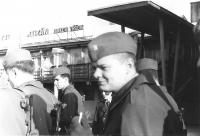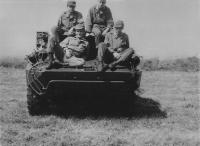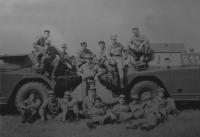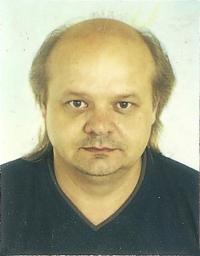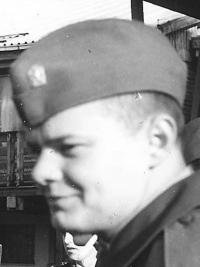There were several severe cases of frostbite, and several soldiers had to have their toes amputated
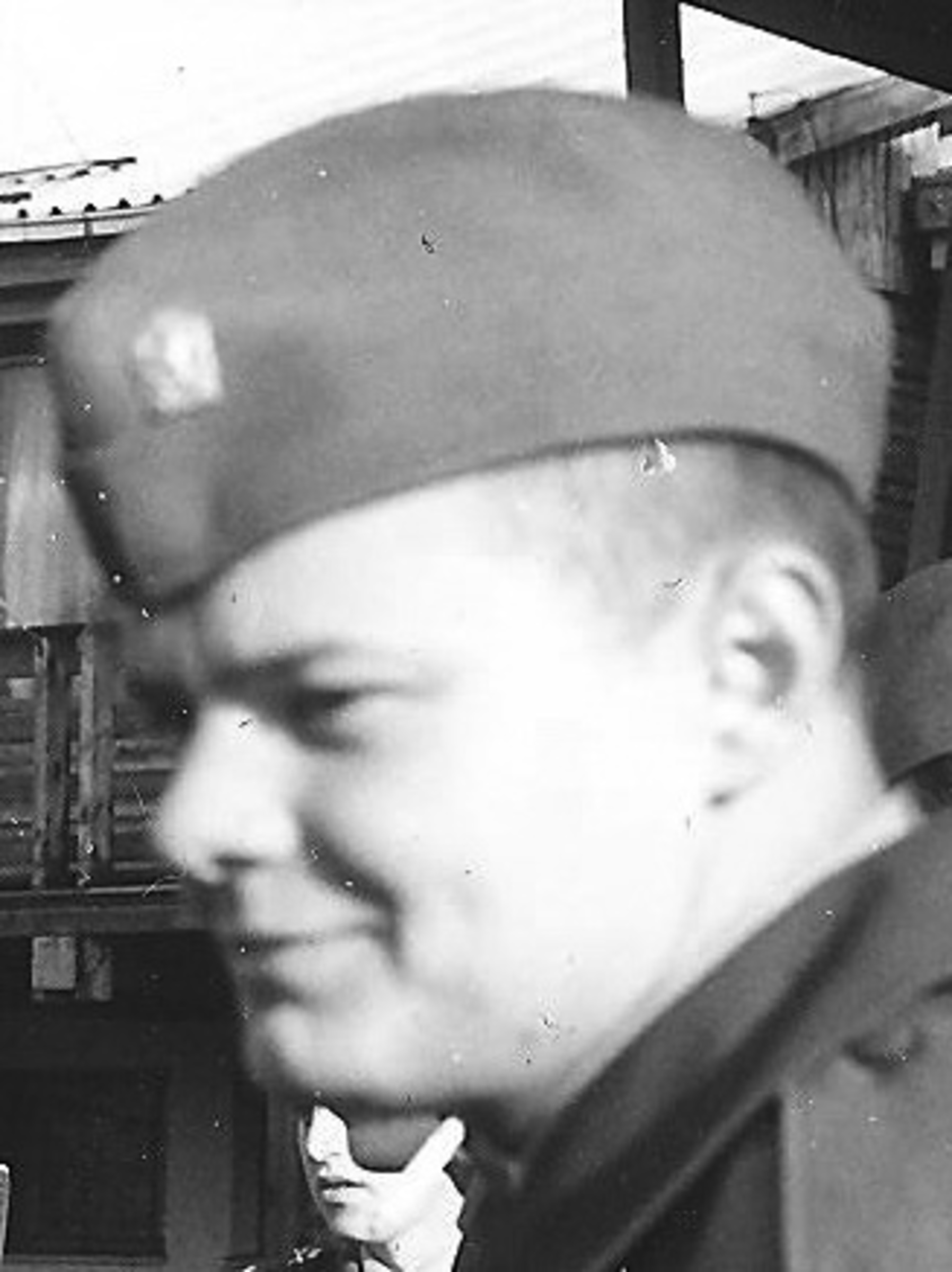
Download image
Vítězslav Velc was born on 10 May 1960 in Jihlava. In October 1979 he began compulsory military service at the NCO school in Topolčany. In December 1980 he was part of the chemical protection company of the 1st Tank Regiment (VÚ 5729), which participated in the Krkonoše 1980 field exercise. After leaving the military in autumn 1981 he found employment as a teacher at a students’ hall. In the years 1985 to 1995 he taught at a driving school. After that, until 2008, he did business and worked in the management of a Czech-American firm. In 2009 he returned to his job as driving teacher, which he continues to do to this day.
